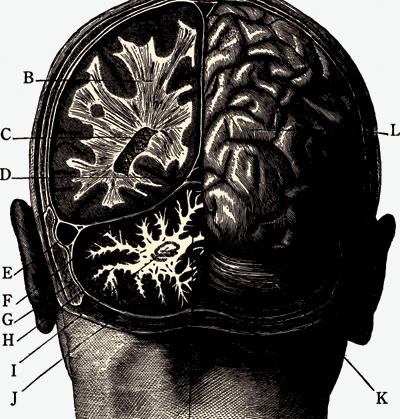Clinical EEG and Neuroscience. 2009 Vol. 40 No. 3
Martijn Arns 1,2,*, Sabine de Ridder 2, Ute Strehl 3, Marinus Breteler 4, 5 & Anton Coenen 5
1 Brainclinics Diagnostics, Nijmegen, The Netherlands
2 Brainclinics Treatment, Nijmegen, The Netherlands
3 University of Tuebingen, Germany
4 EEG Resource Institute, Nijmegen, The Netherlands
5 Radboud University, Nijmegen, The Netherlands
REFERENCE
Efficacy of Neurofeedback treatment in ADHD: The effects on Inattention, Impulsivity and Hyperactivity: A meta-analysis (In Press). Martijn Arns, Sabine de Ridder, Ute Strehl, Marinus Breteler & Anton Coenen. EEG and Clinical Neuroscience, 40: 180-189.
ABSTRACT
Since the first reports of neurofeedback treatment in ADHD in 1976 many studies have been carried out investigating the effects of neurofeedback on different symptoms of ADHD such as inattention, impulsivity and hyperactivity. This technique is also used by many practitioners, but the question as to the evidence-based level of this treatment is still unclear. In this study selected research on neurofeedback treatment for ADHD was collected and a meta-analysis was performed.
Both prospective controlled studies and studies employing a pre- and post-design found large effect sizes (ES) for neurofeedback on impulsivity and inattention and a medium ES for hyperactivity. Randomized studies demonstrated a lower ES for hyperactivity suggesting that hyperactivity is probably most sensitive to non-specific treatment factors.
Due to the inclusion of some very recent and sound methodological studies in this meta-analysis potential confounding factors such as small studies, lack of randomization in previous studies and a lack of adequate control groups have been addressed and the clinical effects of neurofeedback in the treatment of ADHD can be regarded as clinically meaningful. Three randomized studies have employed a semi-active control group which can be regarded as a credible sham control providing an equal level of cognitive training and client-therapist interaction. Therefore, in line with the AAPB and ISNR guidelines for rating clinical efficacy, we conclude that neurofeedback treatment for ADHD can be considered ‘Efficacious and Specific’ (Level 5) with a large ES for inattention and impulsivity and a medium ES for hyperactivity.
Keywords: Neurofeedback, EEG Biofeedback, ADHD, meta-analysis, inattention, impulsivity, hyperactivity.
Acknowledgement
We wish to acknowledge the following people for providing us with additional information for the meta-analysis : Hartmut Heinrich, Petra Studer, Jochen Kaiser, David Kaiser, Michael Linden, Johanne Lévesque, Martin Holtmann, Ulrike Leins, Domenic Greco, André Achim, Geneviève Moreau and Ali Reza Bakhshayesh. We also wish to acknowledge the support of Desiree Spronk in the preparation of this manuscript.
